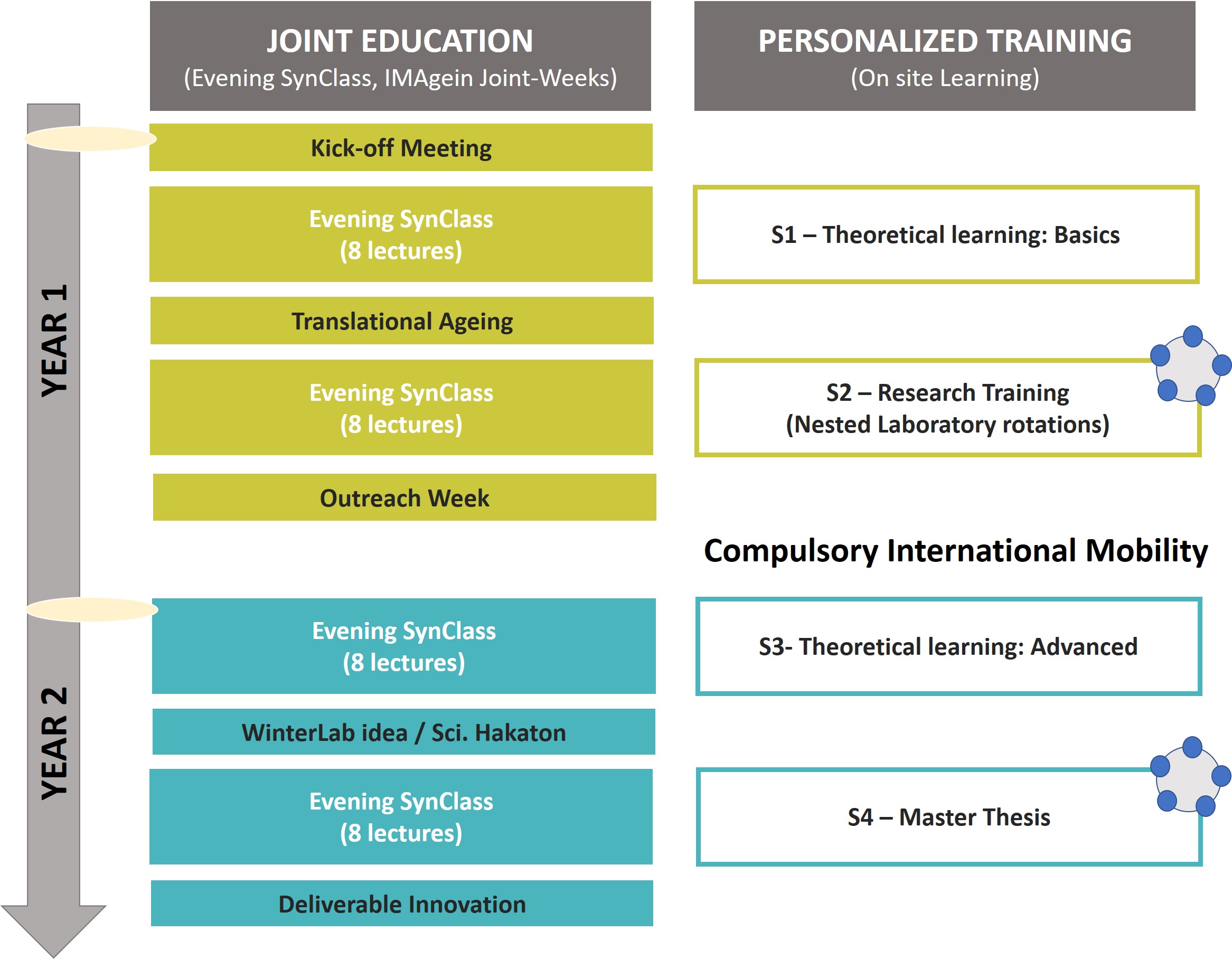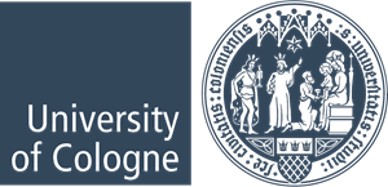ERASMUS MUNDUS JOINT MASTER : IMAgein
-
About IMAgein
- Administratif Team
- Educational Team
- Associated Research Teams
- Program
-
Application & Registration
- Fees & Scholarships
- How to apply
- How to register
-
Practicalities
- Administrative jungle
- Culture & Sport
- University Library
-
Careers
- Career prospects
- Nucleate program
- Doctoral studies
-
Contact
5 partner Universities !
The consortium is based on six existing Master courses from five partner universities (Université Côte d'Azur, University of Cologne, Paris Sorbonne Université, University of Seville, University of Coimbra) :
The Master in Life & Health Sciences. UniCA won the national “IDEX” Initiative of Excellence award recognizing it as one of the nine French research-intensive universities with a strong international outreach, being a founding member of the Ulysseus European University and home of one of the four French Interdisciplinary Institutes of Artificial Intelligence (3IA). UNICA manages the Innovation Hub for Ageing and Wellbeing of the Ulysseus European University and includes CNRS/INSERM research institutes as the Institute for Research and Cancer and Ageing (IRCAN), the Institute of Molecular and Cellular Pharmacology (IPMC), the Institute of Biology Valrose (iBV), the Mediterranean Center for Molecular Medicine (C3M) and the Laboratoire de PhysioMédecine Moléculaire (LP2M). UniCA fosters cooperations between the university hospital (CHU) and research structures. National and international structuring programmes on health and ageing research (AgeMed, InterAging, OncoAge) are led by UniCA researchers, being worldwide recognized for its scientific production on telomeres, senescence, stem cells, neurosciences, or high regenerative potential non-model organisms. Therefore, within IMAgein, UniCA will bring its scientific strengths on Physiology of Ageing, Regeneration processes and Digital Technologies.
The Master in Genetics and Biology of Aging and Regeneration. As one of the largest Universities in Germany, UoC has developed the theme of aging-associated diseases as one of its key profile areas. The cluster of Excellence: Cellular Stress Responses in Aging-associated Diseases (CECAD) is a worldwide leading epicenter of aging research. CECAD has established an educational platform that trains students in the biology of aging and the mechanisms of age-related diseases. CECAD has built a unique focus on organismal studies on aging that use cutting edge technology to investigate the mechanisms of aging in the physiological context. Based on the strength in standard and non-standard models that include the nematode C. elegans, the fruit fly D. melanogaster, the killifish N. furzeri, the naked mole rat H. glaber, and the mouse M. musculus, CECAD has pioneered the understanding of systemic inter-tissue and organism-environment interactions that influence the aging process. Based on the strong synergies between the biologists and clinician scientists within CECAD, the students will receive comprehensive education on the mechanisms of age-related diseases and how organismal studies can identify causes and mechanisms of human diseases and develop the therapies of the future.
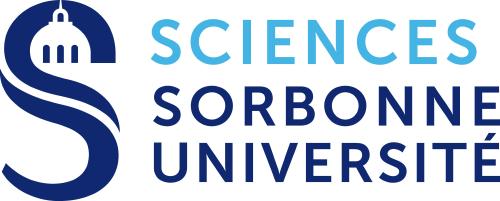
The Master in Integrative Biology and Physiology. SU is a world-class research university, presenting a comprehensive range of disciplines from arts, humanities, social sciences to biological sciences, engineering and medicine. SU developed an Aging and Longevity specialization track in its Master of Integrative Biology and Physiology, with the main objective of understanding what “aging” and “longevity” mean, by addressing both societal issues as well as the cellular and molecular mechanisms underlying the development of aging during our lifespan. To better understand the gene network(s) that determine an organism’s physiology, its evolution over time and its interactions with environmental factors, we discuss the physiological pathways involved in extending the lifespan of model organisms and their impact on these varied models. We then relate these processes to human aging and human studies, to provide an integrated understanding of the relationships between normal and pathological aging of the main organs. Different regenerative therapeutic approaches (cell therapy, for example), physical activity and some innovative pharmacotherapies to slow the progression of aging are also presented. Training in the Aging and Longevity track is based on the recognized expertise of academics from SU, CNRS/INSERM researchers, private organizations (pharmaceutical and cosmetics industry, biotech) and hospitals. There is a privileged partnership with the teams of the Paris-Seine Institute of Biology, particularly within its Biological Adaptation and Aging department located on the main Pierre and Marie Curie Campus and in which studies are focused on stress responses, adaptation, resilience and repair, as well as with other teams from the Cordeliers Research Center, the Vision Institute, the Brain and Spinal Cord Institute, the Myology Institute and UPMC SU university hospitals (Pitié-Salpêtrière, Charles-Foix and Saint-Antoine).
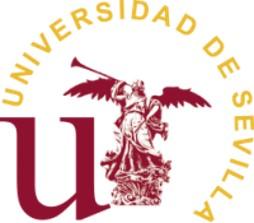
The Masters in ‘Biomedical Research’ and Master in Molecular Genetics and Biotechnology . USE is a founder and the coordinator of Ulysseus European University. All the assigned teaching staff from USE carry out an outstanding research and technology transfer activity in molecular mechanisms linked to ageing and neurodegeneration at two research centers, namely CABIMER (Center for Molecular Biology and Regenerative Medicine) and IBIS (Institute of Biomedicine of Seville). CABIMER is dedicated to DNA damage, one of the leading causes of ageing, and regenerative medicine, one of the most promising field for anti-ageing interventions. The USE assigned teaching staff working at CABIMER/IBIS in different aspects related to ageing have close ties to the Hospital Universitario Virgen del Rocío (HUVR) University of Seville Hospital.
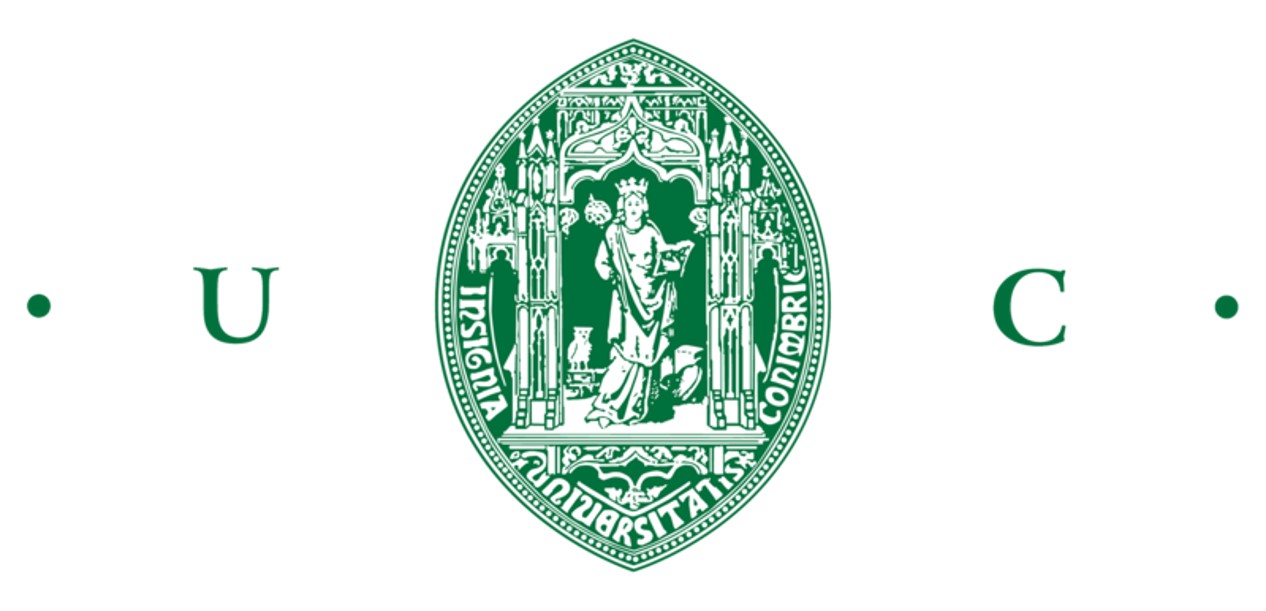
The Master in Cellular and Molecular Biology - UC has a strong focus on aging research, with two institutes, the Center for Innovative Biomedicine and Biotechnology (CIBB) and the Multidisciplinary Institute of Ageing (MIA), conducting intense research programmes in this area. CIBB is home to the largest group of biomedical and biotechnology investigators in the region of Portugal and hosts 600 members, including 298 integrated PhD holders and clinicians from the Coimbra University Hospital and healthcare system, as well as key collaborators from the biotech and pharmaceutical industries. MIA, a partnership between UC, the University of Newcastle, the University Medical Center Groningen, Copenhagen University and Mayo Clinic, focuses on bridging the gap between top-level research in aging and its application in clinical and geriatric care. IMAgein students who select the University of Coimbra will have the opportunity of externalization to the partners from the Multidisciplinary Institute of Ageing, namely the University Medical Center Groningen (UMCG) hosting the European Institute for the Biology of Ageing (ERIBA). CIBB researchers at UC also coordinate a regional consortium - Ageing@Coimbra - which has been recognized by the European Commission as a Reference Site of the European Innovation Partnership on Active and Healthy Aging (EIP on AHA). This consortium aims to transfer innovative knowledge on aging research and provide support for healthy living and innovative solutions to the market. UC has a strong track record of success in competitive EIT Health, H2020, and Horizon projects focusing on ageing, including the Teaming for the Multidisciplinary Institute of Ageing (MIA-Portugal), the ERA Chair on Aging, the Collaborative Laboratory of Aging (CoLab4Ageing), the Excellence Hub project on Aging (Changing), and is the coordinator of the international EIT Health Aging PhD School.
Our goals
- To provide students with excellent knowledge and a more holistic view on the biology of ageing: through a biology of ageing-centered programme combining the best dedicated modules from each partner
- To empower students with personalized professionalization skills boosting their employability: through students mentoring in the design and implementation of their Personalized training plan, enriched by joint activities. Together they will provide specific skills in line with the 3 defined axis (Fundamental, Applied Biomedical Research, Innovation and Biotechnology).
- To promote international integration and visibility of the programme students and partners: through the attractive combination of academic excellence of the programme taught in English, worldwide recruitment of the best students, international nature of the field, and inclusiveness of joint activities gathering students, researchers and relevant stakeholders.
- To promote attractivity of the European Higher Education Area (EHEA) area: through the implementation of a one-of-a-kind programme with high strategic added value regarding upcoming challenges of world population ageing.
- To increase individual (Staff and Students) mobility and career prospects of each person involved.
- To facilitating knowledge transfer between academic & non-academic organisations
- To create/strengthen long-lasting collaborations between Partners involved.
- To constantly improve and provide sustainability for the IMAgein project.
